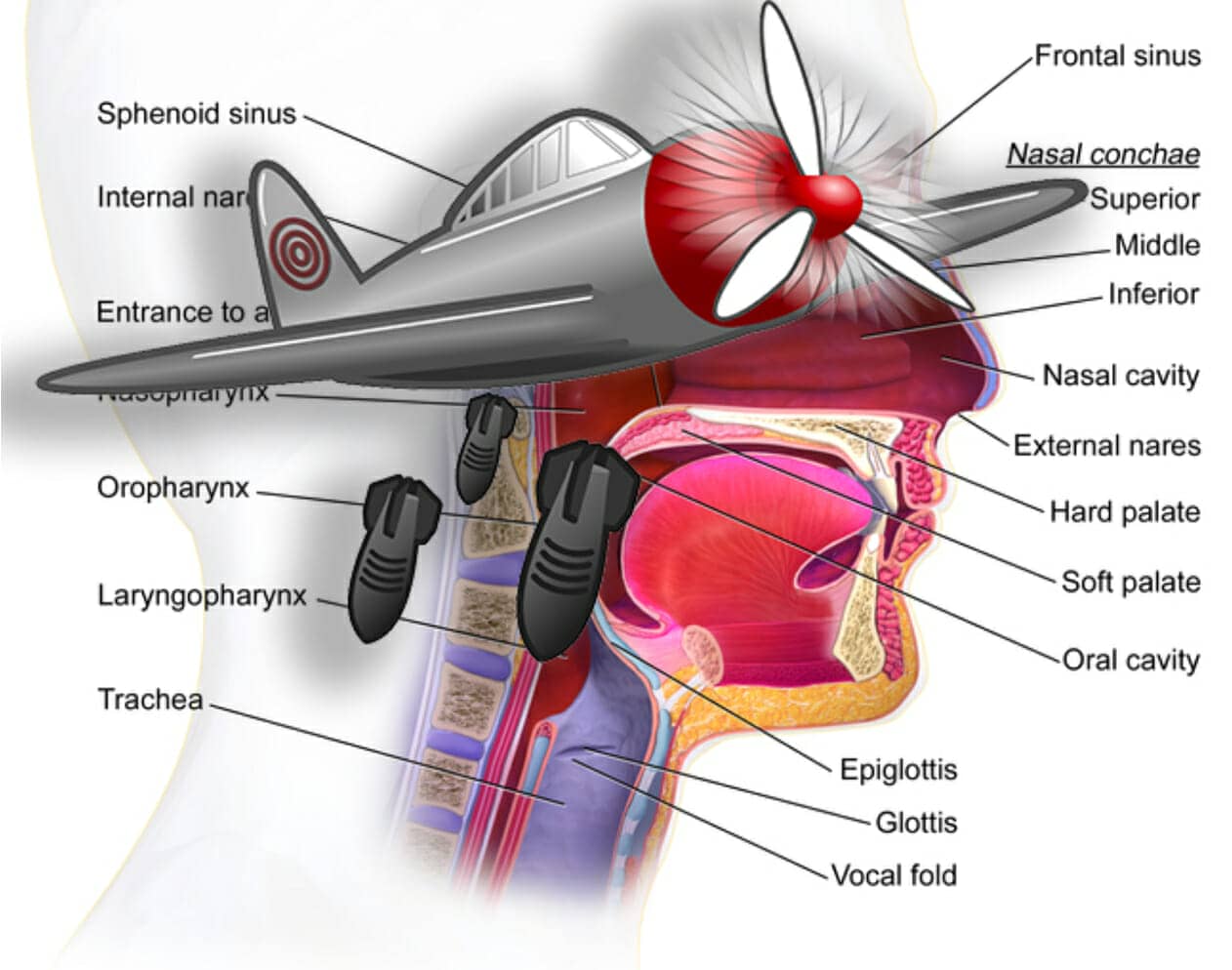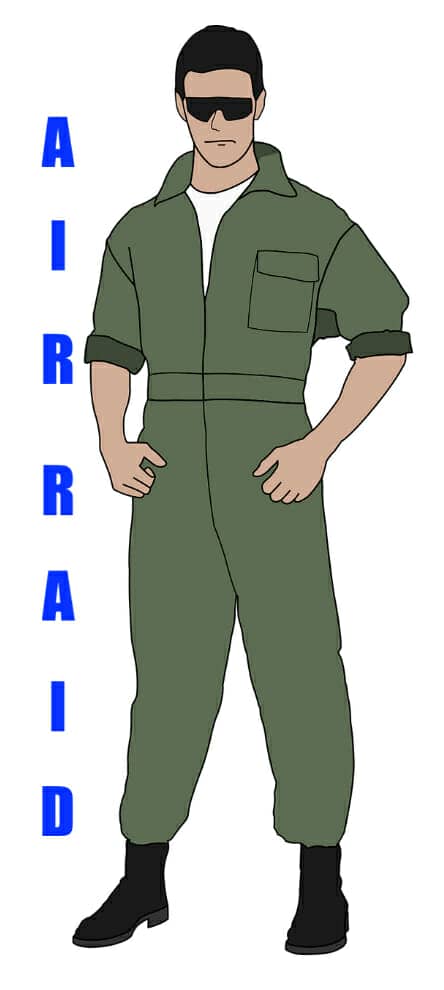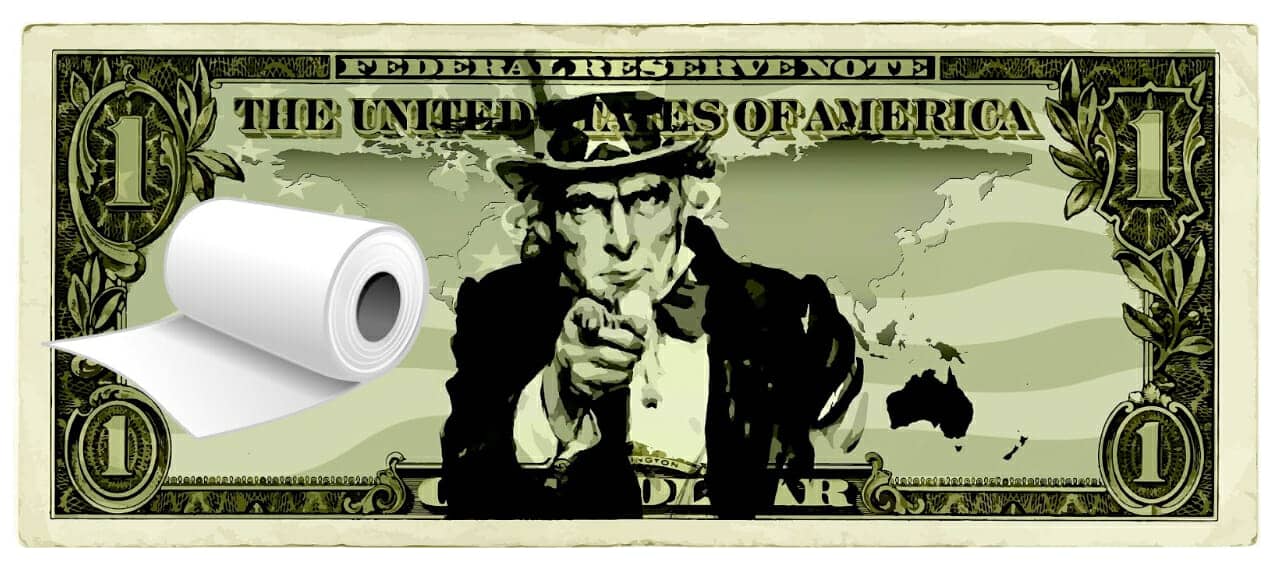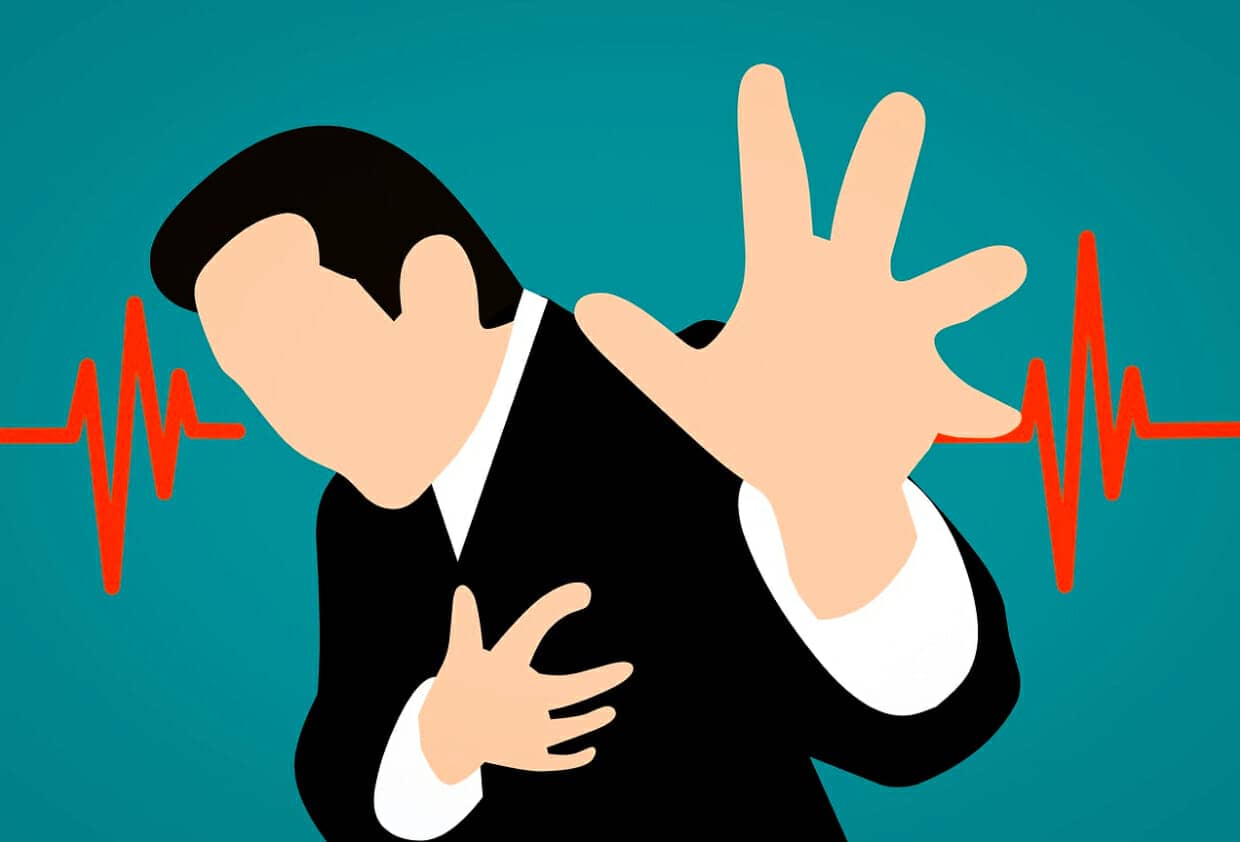 Imagine never having to hunt for nursing mnemonics again.
Imagine never having to hunt for nursing mnemonics again.
I know that you’ve probably come across a few useful mnemonics for nursing students.
But as you’ve probably discovered, they don’t work as well as you’d like.
Don’t worry.
The volumes of information you’re responsible for can be managed.
And you can go beyond mnemonic acronyms by slightly changing how you’re already using them.
You don’t have to take my word for it, either. Students of mine like Rose Szwed have shared their tremendous successes on my podcast.
And wherever others have succeed, you can too.
So if you can imagine learning a few simple tricks to transform your memory, you’ll be able to rapidly master information related to:
- Body systems (cardiology, neurology, respiratory)
- Pharmacology
- Acid/base balances
- Legal issues in medical care
- Cultural issues
- Emergency care
- Pediatric care
- Psychiatric care
What’s the trick?
Simple:
Go just one step beyond simplistic and generic mnemonic examples.
Learn to assign your own based on simple and fun associations that are already in your mind.
On this page, I’ll show you exactly how to do that.
And within a very short time, you’ll be able to take the standard mnemonics for nursing students and make them much more powerful.
So if you’re ready to master all of the terminology and concepts related to the nursing profession…
Let’s dive in!
4 Powerful Nursing Mnemonics That Make Your Life Easier
As you go through this list, think about how well you know each of the Nclex mnemonics. And make note of the ideas I share for memorizing them better.
Finally, apply these ideas as soon as you can.
One of the core ideas you’re about to discover is the principle of multi-sensory association.
This simple process means adding specific feelings, sounds and other references that make the standard medical mnemonics you’ve already encountered much more effective.
So please always think about how you can add multiple senses to each mnemonic you use.
Here’s what I mean with a specific example as we go through the first standard nursing mnemonic you’ve probably seen before.
One: AIR RAID
This mnemonic is used when you need to assess airway inflammation that could indicate bacterial infection of the epiglottis.
Although it’s fairly strong, it doesn’t help you dig into the meaning of each and every word. In fact, it’s all too easy to forget the individual words in the mnemonic.
Let’s fix that.
To begin, create a mental image that helps you remember the acronym itself.
For example, you can imagine an air raid taking place over your own throat.
The acronym itself helps you remember:
- Airway inflammation
- Increased pulse
- Restlessness
- Retractions
- Anxiety increased
- Inspiratory stridor
- Drooling
To make each of those points more memorable, you can imagine examining the pilot of the plane for each of these symptoms. For bonus points, make the pilot specific and use an actor like Tom Cruise.
If you’re aware of the fact that people used to call Bruce Dickinson the “Human Air Raid Siren,” you could use him as well. (He’s the singer of a band called Iron Maiden and worth checking out to help you form a much more specific mnemonic.)
Next, you can use the memory spaces strategy to distribute each part of this mnemonic for nurses on his body by moving down from his head to his feet. Here’s Tom Cruise with each letter associated to part of his body.
Now you can imagine a location for the first letter of the mnemonic and create an association for what it means. You can literally use Tom Cruise’s neck to imagine an airway inflammation.
Moving downward you can use his arm to imagine “increased pulse” and so forth.
Can you see now just how much more specific this approach is? And how much more memorable the nursing mnemonic becomes when you take the acronym and tie it to a specific figure like Tom Cruise?
Let’s dig into another example to help you learn more hacks that make this approach to nursing mnemonics even stronger.
Two: A Nice, Delicious Pie
Memory aids like the extended acronym “A Nice, Delicious Pie” can be useful. Provided you visualize the pie in the hands of a specific and already memorable person, it could be one of the best pediatric nursing mnemonics out there.
It’s also useful for any area where you need to assess patients, provided it comes easily to mind when you need it.
“A nice, delicious pie” stands for:
- Assessment
- Offer your nursing diagnosis
- Plan
- Interventions
- Evaluate
But to make each part of the mnemonic even more memorable, look at the first three letters of the list itself. AOC is a common name used for the politician Alexandria Ocasio-Cortez.
Having this famous politician holding a pie will help you remember the acronym itself. And then as you saw with the AIR RAID example and Tom Cruise, you can use AOC’s body to help you remember the individual parts.
This process gets even better, so let’s have a look at another example.
Three: SAMPLE
This nursing assessment mnemonic stands for:
- Symptoms
- Allergies
- Medications
- Past medical history
- Last oral intake
- Events leading up to the injury
But “sample’ is quite vague. And as you’ve learned, using specific mnemonics is superior to associations that force you to make an effort.
So, to make this mnemonic much more memorable, how about giving Uncle Sam a sample of some 3 ply toilet paper?
Notice the mnemonic thinking here:
The 3 ply part helps you double down on your memory of the “PLE” part of this mnemonic example.
And as before, you have a specific body to use for each part of the medical acronym.
And the core idea here has been well-proven in studies with medical students. It basically involves using the body as a Memory Palace.
Four: I Escaped CPR
This acronym one is used for pharmacology and pharmacotherapy. According to one study, students who used it scored 6% higher than those who did not.
It stands for:
- Interactions
- Efficacy
- Side Effects
- Contraindications
- Allergies
- Pregnancy
- Elimination
- Dose
- Compliance
- Purpose
- Route
For this one, it’s pretty easy to imagine a patient needing CPR. For the “escaped” part, you could imagine Houdini having a heart attack while trying to escape from a straight jacket.
As before, you’re using a specific person to make the acronym even more memorable.
And the choice of a celebrity, or at least a specific person you know enables you to easily animate the figure. The more animated, the more the specific parts of the acronym will come to mind.
These principles are all part of what make for powerful associations when you’re applying any kind of mnemonic to remembering things. If you need more help, here are some of the best visualization exercises out there specifically for learning medical terminology.
So the choice is simple:
Struggle with vague terms. Or boost your memory simply by drawing upon specific associations that are already in your mind.
Beyond Mnemonic Examples For Nurses
I can go on all day with mnemonic examples like this for you. This approach makes every single learning area better, including the extra-tough pharmacology mnemonics for nurses.
But my goal in writing the post was not to overwhelm you with the artefacts of my imagination.
Rather, I wanted to give you just a few examples that demonstrate how the Magnetic Memory Method Masterclass helps you improve what we already know works well.
As discussed in Mnemonics: use in gerontological nursing practice, mnemonics are proven and powerful devices for rapidly learning medical terms and processes.
Studies have found and suggested mnemonics that work well in psychiatric nursing as well. There have even been reports calling for improvements based on amplifying the letters of the mnemonics as you’ve learned to do today.
So if you want to rapidly amplify your ability to remember nursing mnemonics faster and have them last longer, here’s what I suggest:
Register for my FREE Memory Improvement Kit:
That way, you can save yourself a ton of time.
Even better:
You can enjoy the learning process much more.
So what do you say?Are you ready to get more out of the nursing mnemonics you need to succeed?
Let me know if you have any questions and make it happen!
Related Posts
- Mnemonics, Language Learning And Virtual Memory Palaces In Discussion With Timothy Moser
Two memory skills enthusiasts reveal all.
- Memory Craft: Lynne Kelly On The Potent Power Of Ancient Mnemonics
Lynne Kelly joins the podcast to discuss her new book Memory Craft. We discuss the…
- On Math, The Science Of Mnemonics And Memory Modalities
Candid talk on the science of mnemonics with notes on math and rep systems.









